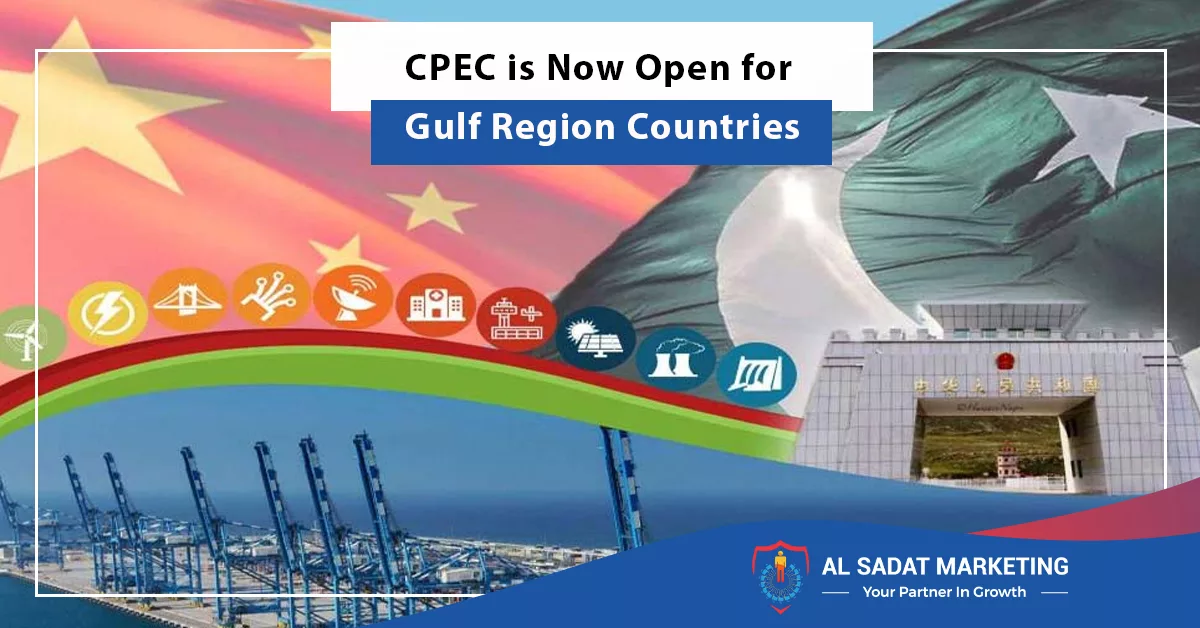The China-Pakistan Economic Corridor (CPEC) is open to investment from other nations, particularly those in the Gulf region, and is not just for Pakistan and China.
This was noticed at a roundtable discussion on “CPEC: 10 Years and On” with a Chinese delegation of researchers from the Institute of South Asian Studies (ISAS), Sichuan University, China, led by Dr. Zeng Xiangyu, senior research fellow, ISAS and director of its Indian Ocean Study Centre.
Read More: Caretaker Govt Maintain Pace of CPEC Projects: Planning Minister
Khalid Rahman, chairman of IPS, gave the keynote address. Other speakers included Prof. Dr. Fakhr-ul-Islam, director of research and academic outreach at IPS, Dr. Zeng Xiangyu, senior researcher at ISAS, Ambassador (r) Syed Abrar Hussain, vice chairman (academics), and Dr. Syed Tahir Hijazi, former member of the Planning Commission.
In his lecture, Khalid Rahman emphasised the significance of taking the big picture into account while assessing the effectiveness of CPEC in the current dynamics of conflict. A few of the internal and external challenges that CPEC has faced include the Afghanistan issue, the law and order situation, antagonistic lobbying, hazards associated with P2P interactions, political instability, and governance issues. The CPEC plan was marketed as a win-win cooperation at its beginning despite these obstacles.
After ten years, it is safe to say that things are changing for the better. The domestic situation is getting more predictable, the bilateral confidence is returning, and the changing external environment is also opening up new areas for cooperation.
It seems sense in the current context to carry on this collaboration with a constructive goal and in the same spirit. According to him, both nations must guard against false information being spread by rivals in order to keep the partnership’s objectives on track.
Read More: CPEC 2013-23: Path to Economic Uplift
CPEC has been successful over the past ten years, but Dr. Xiangyu remarked that it was “far from perfect” because there is still work to be done. In addition to the “1+4” structure, he claimed that there are other ways to widen the scope of cooperation, such as through industry transfer and development, agriculture, water resource management, climate change management, and human resource and workforce management, all of which have an impact at the local level. Both nations must moderate their CPEC-related expectations and gain a thorough understanding of its complexities in addition to looking for new areas of collaboration.
In response to worries about the unfavourable security scenario for CPEC, Dr. Fakhr-ul-Islam stated that in 2013, the government still moved through with the project because they saw its potential despite the unfavourable security circumstances.
Ten years later, an entire army division devoted to CPEC and coastline security has helped to keep the security situation surrounding it under control and relatively calm. However, some regional and global entities that use proxies are a problem, and both nations must exercise caution in order to prevent the CPEC from being derailed.
Read More: CPEC: PM Shehbaz lays foundation of Islamabad Economic Zone
Additionally, in order to expand the potential for regional cooperation and development, Ambassador Abrar added that both nations must advance their relations with Afghanistan in order to connect the area to Central Asia and beyond. It is time to seize this opportunity through multifaceted collaboration of regional countries with, as well as through, Afghanistan, as peace in Afghanistan has been a fundamental prerequisite for the success and development of the whole region, including CPEC.
According to Tahir Hijazi, Pakistan’s frequent change of governments results in a shift in the interests and power within the administrative structure, leaving no formal system in place. He continued by saying that appropriate administrative measures and strong governance are required to address this issue.
You can also invest in other famous and most in demand housing societies, such as , Blue World City, Rudn Enclave, 7 Wonders City Peshawar, Taj Residencia, Kingdom Valley, New Metro City Gujar Khan, Forest Town Rawalpindi, University Town Rawalpindi, ICHS Town, Park View City Islamabad, Multi Gardens B17 Islamabad and Nova City Islamabad.
Al Sadat Marketing please contact 0331 1110005 or visit https://alsadatmarketing.com/
Few more real estate housing schemes which are trending now a days in Islamabad by including: Faisal Town Phase 2, Prism Town Gujar Khan, New City Paradise, Eighteen Islamabad, 7 Wonders City Islamabad, Capital Smart City, Silver City Islamabad, The Life Residencia, Faisal Town Islamabad, Islamabad Golf City, Islamabad Model Town and Marble Arch Enclave.
Al Sadat Marketing is an emerging Real Estate Agency headquartered in Islamabad, Pakistan. With over 10+ Years of experience, Al Sadat Marketing is providing its services and dealing all trending housing societies projects in different cities of Pakistan. Islamabad Projects, Rawalpindi Projects, Gujar Khan Projects, Burhan Projects, and Peshawar Projects etc.
Book Your Plot Now: +92 331 111 0005










